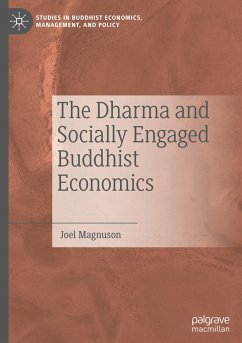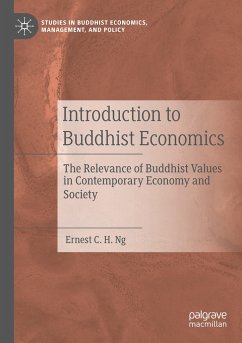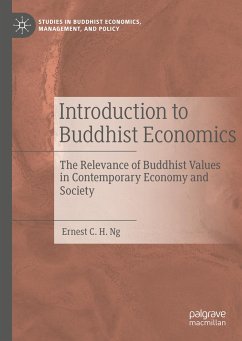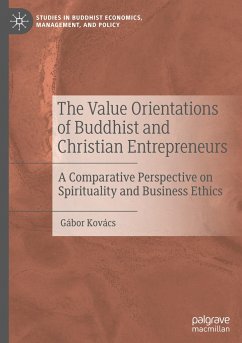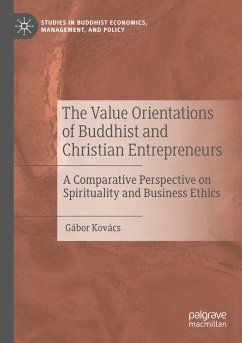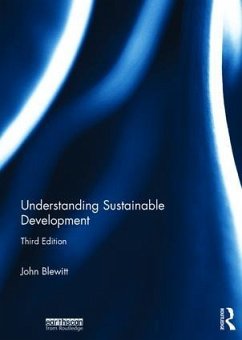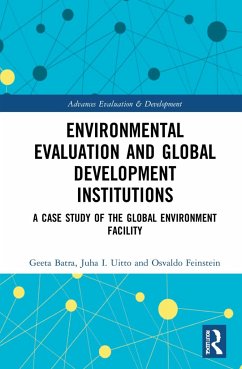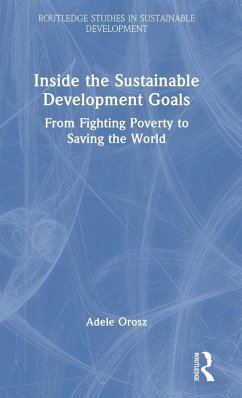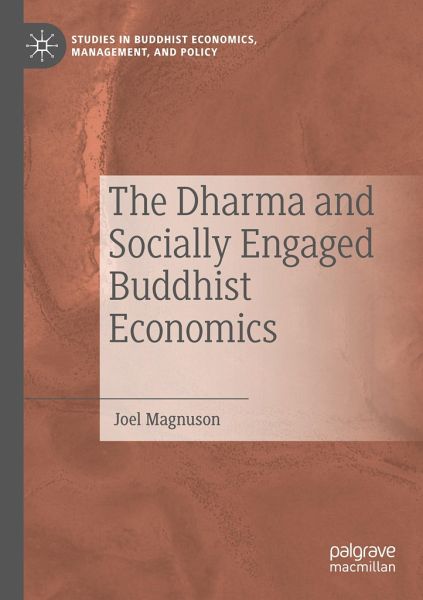
The Dharma and Socially Engaged Buddhist Economics
Versandkostenfrei!
Versandfertig in 6-10 Tagen
83,99 €
inkl. MwSt.
Weitere Ausgaben:

PAYBACK Punkte
42 °P sammeln!
This book defends and articulates an "Engaged Buddhist" approach to economics as a response to the destructive effects of global capitalism. The author posits that Buddhist understandings of the distortions of greed, aversion, and ignorance can be read to apply not only to mental states but also to socio-political ones, and that such a reading suggests rational responses to current social and environmental challenges. The book proposes that we engage both "inner and outer" modes of transformation through which to free ourselves from our current human-made, dysfunctional systems: the former, by...
This book defends and articulates an "Engaged Buddhist" approach to economics as a response to the destructive effects of global capitalism. The author posits that Buddhist understandings of the distortions of greed, aversion, and ignorance can be read to apply not only to mental states but also to socio-political ones, and that such a reading suggests rational responses to current social and environmental challenges. The book proposes that we engage both "inner and outer" modes of transformation through which to free ourselves from our current human-made, dysfunctional systems: the former, by examining the workings of our own minds, the latter by criticizing and reforming our economic systems. Since traditional Buddhism provides few sources to build a Buddhist economic vision, this work brings together Buddhist notions of skillful practice, John Dewey's pragmatic principles for social provisioning, and institutional economics. The author provides two case studies for experiments in Buddhist-based socioeconomic policies, Thailand and Bhutan. Of special interest is the implied parallel between worldviews emerging from modern socially-engaged Buddhism and Dewey's notion of a human existential drive to shape the world in collectively beneficial ways.





